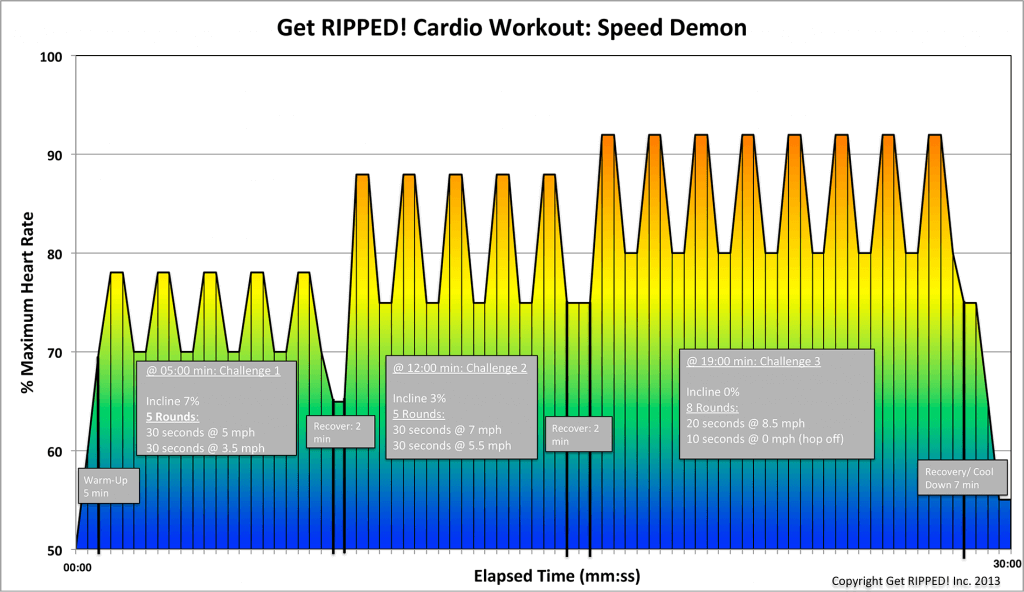Blog
Will Hormones Make Me Lose Weight?
Weight gain is a real problem in Calgary, Canada and Canadians are determined to take charge of their lives with programs to help them lose weight. The first step for any weight loss program should always be a visit to the health care professional to check overall health and to determine if there’s any potential problems that a program of exercise might exacerbate. In most cases, people lose weight with a healthier diet and program of exercise. Sometimes, the doctor may find a hormonal imbalance that causes the problem. The next decision is whether to take hormones or try to normalize levels naturally.
Hormones affect all parts of the body.
Hormones are messengers that trigger actions throughout the body. Some affect your hunger/satiety cycle, such as ghrelin and leptin. Others are messengers that affect your body temperature, heart rate and even weight and where to store the excess weight when you consume more calories than you burn. Diet and exercise can help boost weight loss, but if your hormones are out of balance, weight loss is almost impossible. That doesn’t mean that simply taking hormones is the answer, but it does mean you need to get to the root cause of the imbalance.
If your hormone imbalance isn’t caused by a health issue, lifestyle changes may be in order.
A lot of hormonal imbalances have been attributed to lifestyle. It’s not just eating too many calories, but the type of food that’s eaten. Menopause can cause estrogen levels to be out of balance with both higher and lower levels of estrogen causing obesity. Low levels of estrogen can cause weight gain around the midsection but taking hormones may not be the answer. Regular exercise, a balanced diet with more whole foods and less sugar can help weight loss and balance hormone levels.
Maybe it’s stress that’s causing the problem.
Another hormone that is often at the root of weight gain, particularly around the midsection, is cortisol. It can also increase heart rate and cause other changes in the body. You need cortisol to face dangerous situations, but too much can lead to diabetes, high blood pressure, weight gain and sleep disturbances. There are several things you can do to lower cortisol levels, such as getting adequate sleep, eating a balanced whole food diet, cutting out food with added sugar, exercising regularly and lowering stress levels by practicing mindfulness in the form of meditation, deep breathing, journaling, prayer or taking walks in nature.
- Developing a healthy balance between insulin and glucagon is important. If blood glucose is high, insulin is released and glucagon is released when blood sugar is low. Glucagon signals fat cells to release fat for energy. You can increase glucagon with fasting or a low carb/high protein diet.
- You can improve insulin resistance by controlling the amount of food you eat with a high glycemic index. Eating carbs that are low glycemic and high in fiber, such as whole fruit, vegetables, whole grains and legumes, can help.
- Mild dehydration can affect what and how much you eat, making overeating more likely. Drinking water throughout the day can help, especially if you drink it right before a meal.
- While lifestyle habits can help normalize hormone levels, it’s still important to speak with your healthcare professional to make sure there’s no physical reason for the problem that needs attention.
For more information, contact us today at Get RIPPED! by Jari Love


